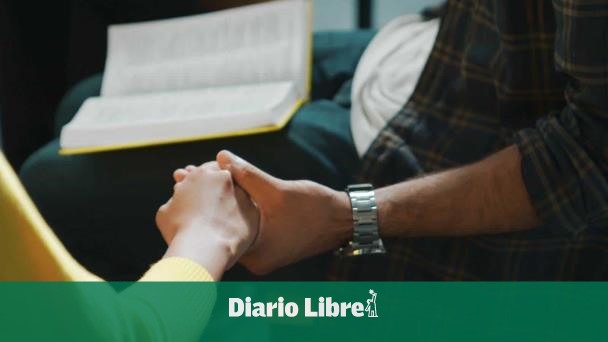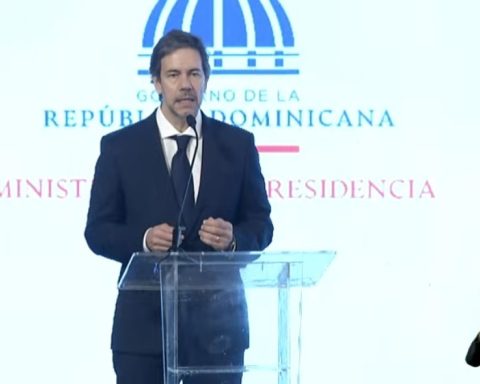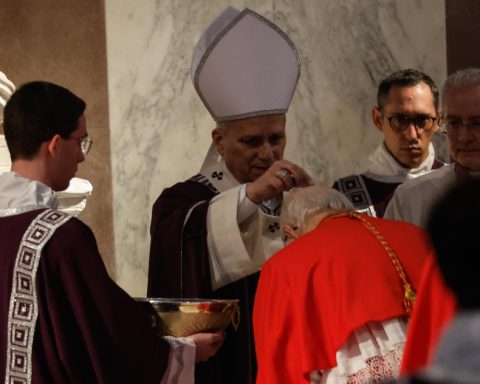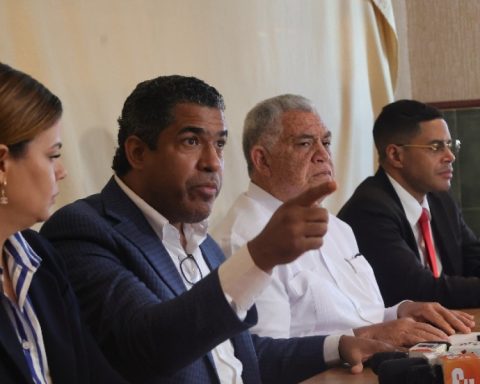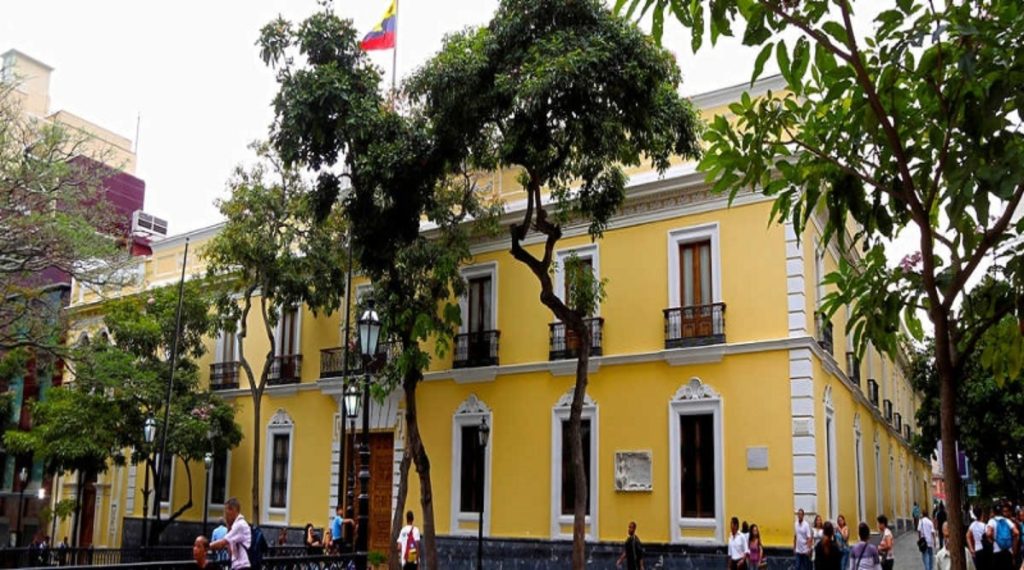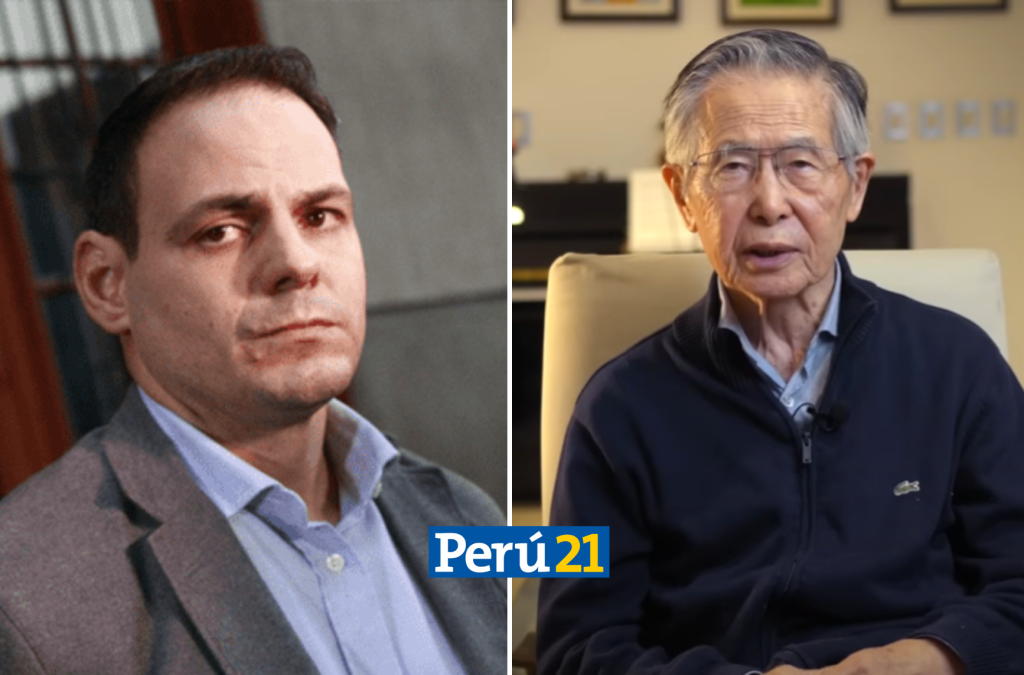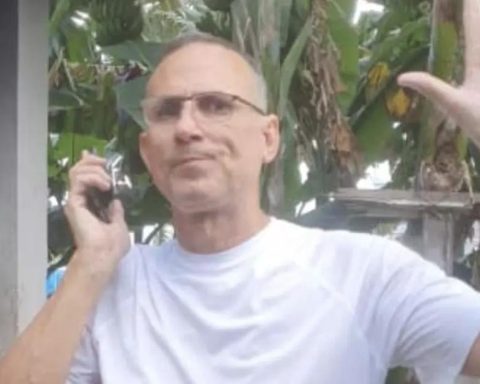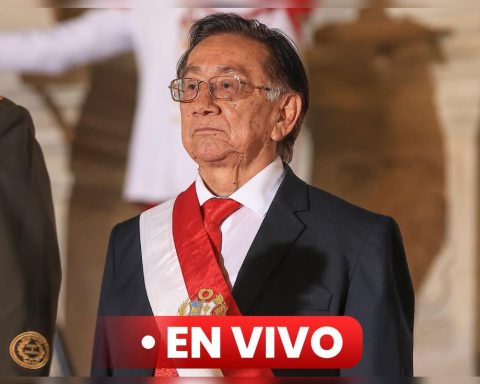Around 40% of the churches Evangelical In the country it operates independently, according to data from the Advice Dominican of Evangelical Unity (Code). For its president, Feliciano Lacen, this percentage is equivalent to about 6,000 churches which are not under legal coverage and act without any type of supervision.
Although there is no imposition that forces the churches to operate under a council, according to Lacen, who is responsible, has ethics and morals, knows that “he must abide by the book and the law,” and belong to organizations that can give him protection.
Explain that there are two groups of churches Evangelical: some that are “under the law” -which currently number 15,000-, and others that are legally established, but do not belong to councils.
How do they operate? churches who are not in council?
Diary Free consulted with representatives of those who act independently. One is that of the shepherdess Tomasa González, who directs the Church Evangelical church “Fuente de Vida” in the province of Hato Mayor. He says that his church is “supervised by Christ.”
The church leader says that when she was just a member of the church, her pastors had a mishap, which led them to leave the temple. Faced with the emptiness, the parishioners elected her as their shepherdessalthough she had no previous studies to support her for the position.
“I didn’t want to, but the members of the church set their sights on me and chose me to be their shepherdess“I refused to pastor, and then with the power of God I stayed there,” he says.
He argues that with the income that comes to the congregation Work is done in the same church and they help the members -and those who are not- when they have some need.
Differences between churches regulated and those that don’t
The president of the Code explains that the churches that are not regulated They operate under their own government, with no one to set rules and supervision, so they are more prone to situations that raise public scrutiny, such as the cases of evangelical pastors accused of sexual abuse against minors.
The first is the pastor Victor Manuel Kery, who keeps prison preventive detention for one year – issued last July, accused of sexual abuse against minors from his parish in the province of La Altagracia. According to investigations, he led a church that operates independently.
The second is the case of Johan Manuel Castillo Ortega, who last June was sentenced to three months of prison preventive detention, accused of raping at least two sisters aged 13 and 17 in Los Alcarrizos, Santo Domingo. Against the pastor There are a total of five accusations for sexual abuse.
The churches regulatedInstead, they remain under monitoring, with monthly meetings of pastors.
Other religions
He Code specifies that it is in the congregations Evangelical where they are most abundant churches that operate freely. “We know that the MormonsAdventists, Witnesses and Catholics do not fall into illegality,” he says.
In the case of the Catholics In the eastern region of the country, Father Miguel Ángel Grullón points out that those of El Seibo, La Romana and La Altagracia belong to the Diocese of Our Lady of Altagracia based in Higüey, directed by Bishop Jesús Castro Marte.
While those of San Pedro de Macorís and Hato Mayor belong to the Diocese of San Pedro de Macoris, led by its bishop Santiago Rodriguez Rodriguez.
“It can be said that there is no Church Catholic or separate or independent chapel, and if one were to arise, it would encourage unity, because the word Catholic means universal and that we are all in the same community,” he says.
Regarding the Mormons There are no records of either churches independent. One of their membersJinet María Hernández, points out that all the congregations belong to the Church of the Latter-day Saints. “They are all called that and are under supervision,” he notes.
The same thing happens with the Witnesses of Jehovah and the Church Adventist of the Seventh Dayalthough groups considered reformed have emerged from the latter, but are not officially recognized as part of its official structure.
In this regard, Francis Contreras, Public Relations Manager of the churches Adventists in the southeastern region of the country, says that this denomination as an institution is officially recognized, and any independent would no longer be Adventist of the Seventh Day.
“There are people who have left the Adventists and continue to call themselves Adventists, but they are not part of the organization as such,” he emphasizes. He points out that these independent groups are respected because they have their own thoughts and, as a church, nothing is done with the intention of attacking them.
Recommendations of the Code
He Code recommends at churches Evangelical that are not regulated to do so, so that they have better development and contribution to society, which needs credible and purified formal ministries, which help to counteract social ills.
